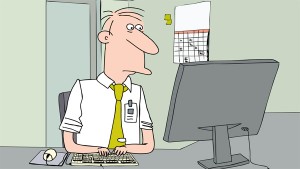Susan Here.
Today is a snow day here in New York, so I’m home from work. So I’ll write.
As usual, the gun-control people are out in full force after Gifford’s shooting. I’m going to be politically incorrect by saying that we don’t need less guns, we need less crazy and stupid people willing to shoot others in random acts of violence.
I’m going to be politically incorrect in also stating that the shooter in this incident may have been controlled by someone else in order to discredit both Left and Right groups who desire revolutionary change in this country. The reason? The shooter was a Tea Partier, and at the same time a pot-smoking Karl Marx reader. The two cannot exist in the same physical body, so probably both the Tea Partier and the Karl Marx reader don’t exist in this person. But they can both exist when the objective is to discredit both by having both shoot a congresswoman at point-blank range.
Have a good one.
Susan out.

